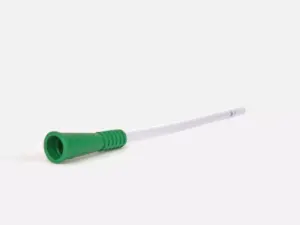
Blog
Everything You Need to Know About the PureWick™ System for Women
The PureWick system for women offers a non-invasive, effective way to manage urinary incontinence. Find out how it works and why it’s a trusted solution.
![-ra-fischer-urology-supply-medicare-cure-twist-catheter-women [ Personalized urology care ]](https://www.rafischer.com/wp-content/uploads/2023/11/cure-twist-catheter-women-ra-fischer-urology-supply-medicare-1024x769.png)
Contact one of our Treatment Specialists today to answer any and all of your questions about our medical equipment.

The PureWick system for women offers a non-invasive, effective way to manage urinary incontinence. Find out how it works and why it’s a trusted solution.

Explore the benefits of straight vs coude tip catheters. Learn how to choose the right catheter for your needs and get expert support with RA Fischer.

Using an intermittent catheter can help manage urinary incontinence effectively. Follow these simple steps for safe and confident catheter use.